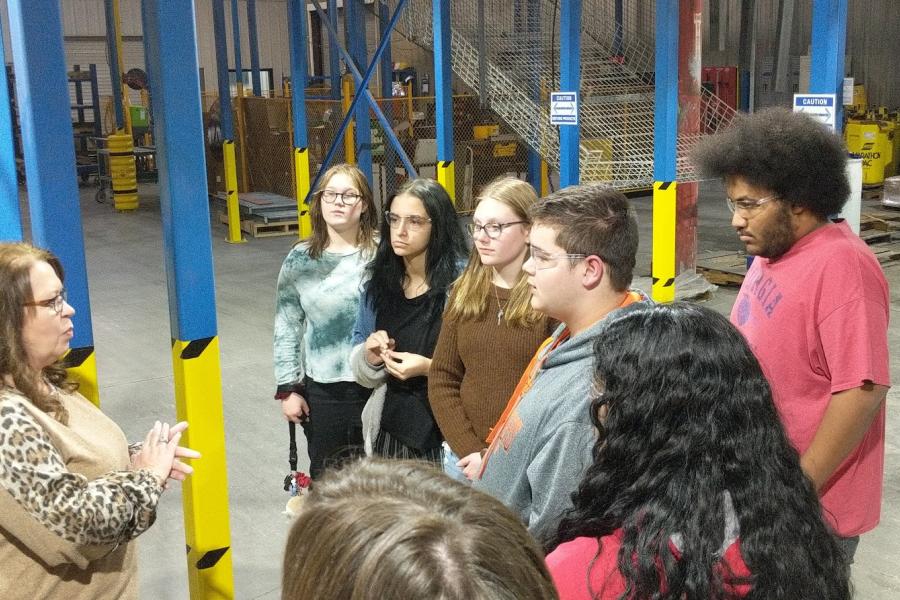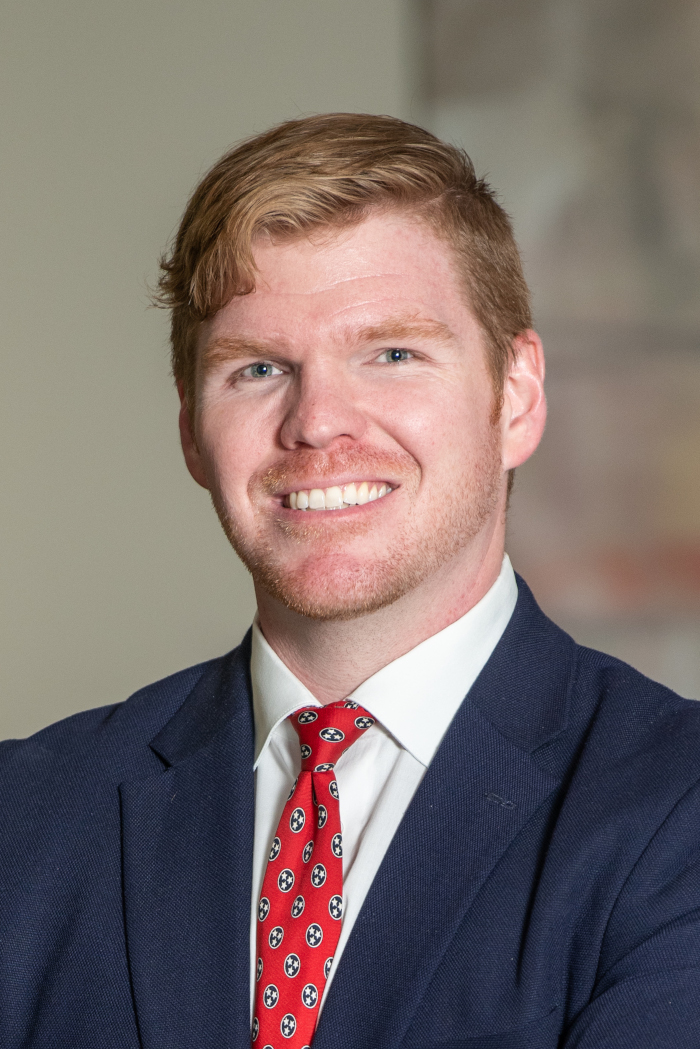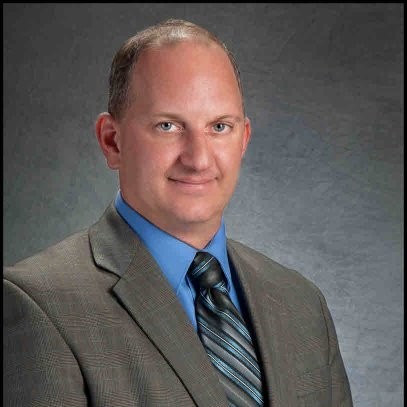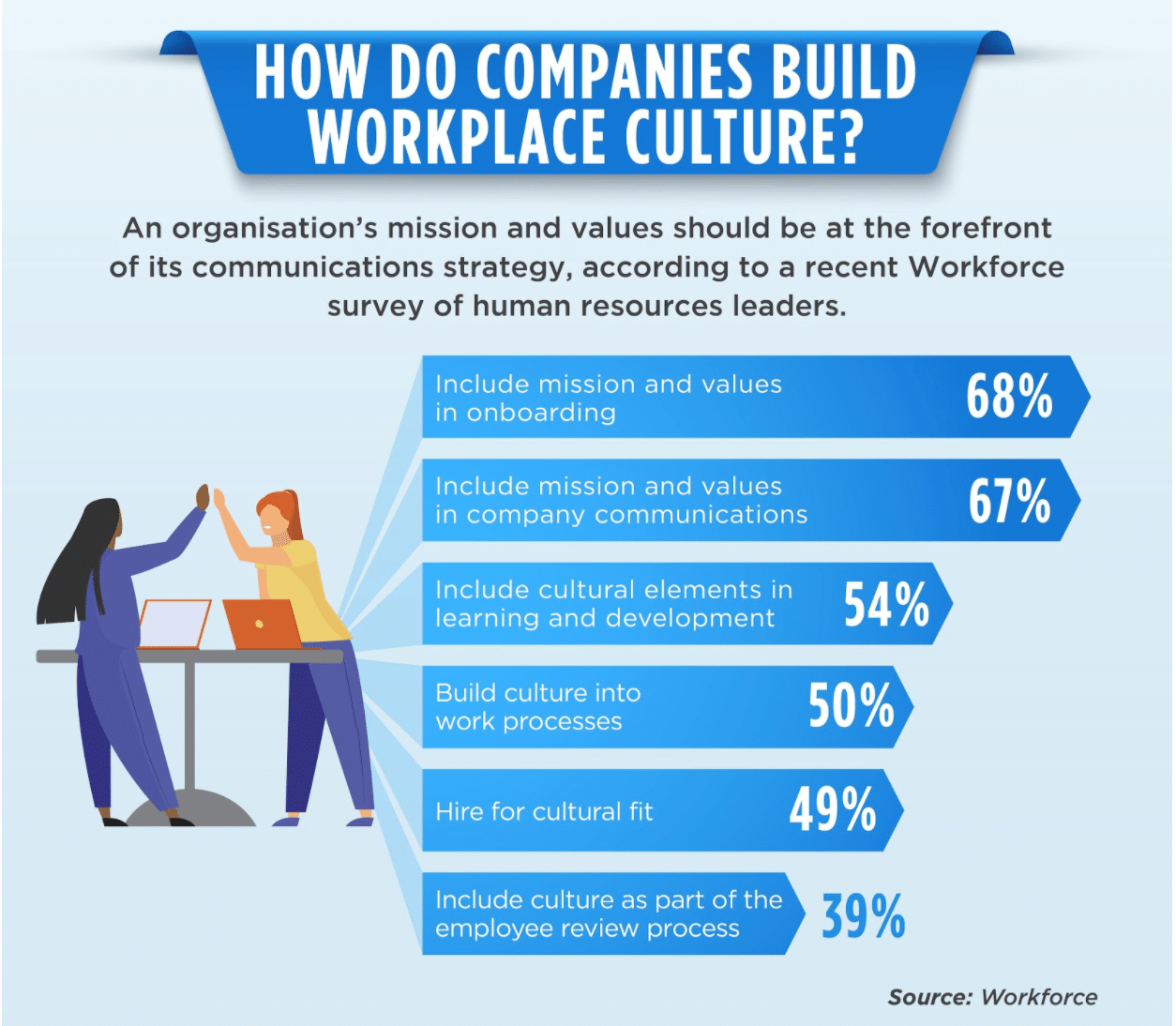Relationships, workforce, and culture strategies for retaining existing industry

By KATE COIL
TML Communications Specialist


Economic development officials discussed easing the apprehension of existing industry as new companies arrive at a recent meeting hosted by the Tennessee Department of Economic and Community Development.
As large industries like Ford move in, existing companies may express concern to local officials about retaining and recruiting employees in a more competitive market.
Greg Lowe, director of economic development for Lewisburg, and Ryan Egly, president and CEO of the Lawrence County Chamber of Commerce in Lawrenceburg, suggested the municipal leaders can assuage concerns by building relationships with current industries, getting educational partners involved, finding what segments are missing from the workforce, employing economic development officials, working on community needs, and involving existing businesses in the recruitment of new.
BUILD RELATIONSHIPS
While a new industry opening often gets the big headlines, Lowe said the major focus of most chambers of commerce, industrial development boards, and economic development officials is business retention. Lowe said anywhere between 70-90% of his job focuses businesses already in Lewisburg.
“Where most of the job creation and innovation comes from is your existing industry,” Lowe said. “I have five local industries today working on expansion projects that will total more than $80 million. If that was a new project, it would be all over the newspapers. You have to take care of the folks who have invested in your community.”

Interaction is key to keeping local industries, but Lowe said it is difficult for smaller communities to do in-person, sit-down visits with companies. Instead, Lowe suggested keeping contact through newsletters, phone calls, text messages, and occasional face-to-face contact. Every month, Lowe said he organizes a lunch where the Lewisburg mayor and city manager sit down with officials from the top 12 biggest employees.
“I do this because I want my mayor and city manager to hear any issues that may be going on from the horse’s mouth,” Lowe said. “Industries like to know they are talking to the leadership of a community. These folks hear from me quite often, so it’s good for them to get in front of someone else to let them know what their issues are.”
Egly said he organizes quarterly roundtables on workforce issues that has drawn not only Lawrenceburg employers but those in neighboring communities such as Pulaski as both communities pull from the same workforce.
“You are the company you keep, and as a community you are the companies you keep,” Egly said. “Take care of your own, but look at where people are going. The place your workforce is going next door probably is facing a lot of the same problems.”
Instead of a plant manager or CEO, Lowe and Egly agreed it may be more valuable to build relationships with the human resources departments as HR officials already have relationships with all the company’s employees from the CEO to the most recent hire. HR officials also often collect data points for the industry and can explain what workforce issues the company is facing.
Facilitating a symbiotic relationship between business and students is also a way to build relationships in the community. Lowe said Lewisburg recently held a job fair where high school and middle school students got to learn more about careers from local industries, both for rising seniors to look for employment and younger students to consider career paths.
This is part of the Marshall Works Well program that partners K-12, community colleges, and TCATS with area industries to ensure the next generation of workforce is trained to meet needs.
Egly said Lawrence County launched Workforce Wednesdays, a program designed to get local employers and career paths in front of students. The school system also has a dedicated official specializing in industry relations to connect guest speakers to classrooms.
WHO’S NOT THERE
Figuring out what segments are missing from the workforce may also help officials solve problems causing business retention and growth issues in the region.

Lowe said a TVA Innovations survey found one of the things holding back small business and entrepreneurship in Lewisburg was a lack of childcare. When looking at the data, Lowe discovered 88% of women with school-aged children – approximately 380 people - were unemployed, because childcare availability and affordability was a barrier.
By working with the Tennessee Department of Human Services, Lowe said the community found resources to help a few daycares expand and some of the unemployed women in the community start at-home childcare facilities themselves.
“If I have 380 women that are staying at home because of childcare issues, what if we turn them into their own small business by making them an in-home provider,” Lowe said. “If you get 20 of those with five kids each, that’s 100 kids in daycare. Typically, in-home providers are more affordable than a daycare facility. You have taken someone who was out of the workforce and turned them into a small business owner, and the more affordable options now allows others to go and work.”
Egly said his community saw non-violent, incarcerated individuals who were being kept in prison because they couldn’t pay back child support or other fees and fines.
“It’s never made sense to me that you lock someone up for being unable to pay their fines and fees, making them unable to be gainfully employed to pay those things back,” Egly said. “We work with local industry to take on some of these folks. We embedded a TCAT program in jail and allowed them to get credit for doing on-the-job training at area industries. This solves recidivism and gives them hope with a job.”
Whether an employee of a chamber of commerce, economic development authority, member of an industrial development board, or city staffer, Lowe and Egly said having a person other than the mayor or city manager who can be the point person for business is a valuable resource. Grant funds as well as resources from organizations like TNECD, TVA, and other governments in the region can help finance this position.
“The mayor has to deal with potholes, the dog catcher and everyone else,” Egly said. “I implore you to employ someone to do this on a full-time basis. It is hard to find someone in economic development right now. Find your local champion, whether it’s someone with the city or the local chamber.”
LEVERAGE EXISTING, RECRUIT NEW
Egly said industries need to understand recruitment of a new business can bring other benefits to a community.
“If you keep everyone in the loop and on the same page, local companies are the ones who are glad to help,” he said. “It is important to still recruit because those new announcements are going to give me the tools to then go to a housing developer or retail developer to show that we are growing. Our existing businesses are having issues with a lack of housing or retail for their workforce, and they understand that this helps us help them.”

Lowe said it is important to get existing business on board with the recruitment of new businesses so their workforce can benefit. One way can be encouraging local companies to help with recruiting their suppliers.
“As a local economic development official, I can only go so far,” he said. “We are trying to recruit people. Being a place people want to visit and live doesn’t seem directly involved in workforce, but actually is. If you can demonstrate to employers you are working on that, they will understand how the game is played. Competition also benefits citizenry. Employers are asked to step up their game in order to compete. They can always threaten to pick up and move, but they have to weigh the cost-benefit-analysis of doing that. A lot of times we can demonstrate you are better off staying here.”
Encouraging industries to look at their company culture as a recruitment tool is also valuable.
“What we’ve noticed is that companies that took our advice to refocus on culture saw their turnover rate was a 2-4% while those who did not change were between 6-18%,” Egly said. “We found companies with a focus on culture had a younger workforce, which matters today. That is the goal; for your grandkids and kids to work at home.”
Good company culture can also have a community benefit.
“We have a local industry that is getting a young group there because of their culture that is doing a lot of community work stuff,” Lowe said. “They are rebuilding a local playground with their employees. They are raising money for local organizations. Help your existing industries understand it is a different world, and here are some successful things other industries are doing.”
Overall, Egly said it is important to remember economic development is a marathon not a sprint.
“We are trying to move a needle, not a mountain,” Egly said. “In 2019, we knew we weren’t growing enough to interest a big developer. Instead, we went to local developers, bankers, and insurance agencies and said let’s talk housing. They began building 16 units a year and saw how profitable it was. Next they were building 36 units a year then 64. Next thing, you turn around and you’ve added 250 homes in your city. Retail follows rooftops, and that makes a difference.”
